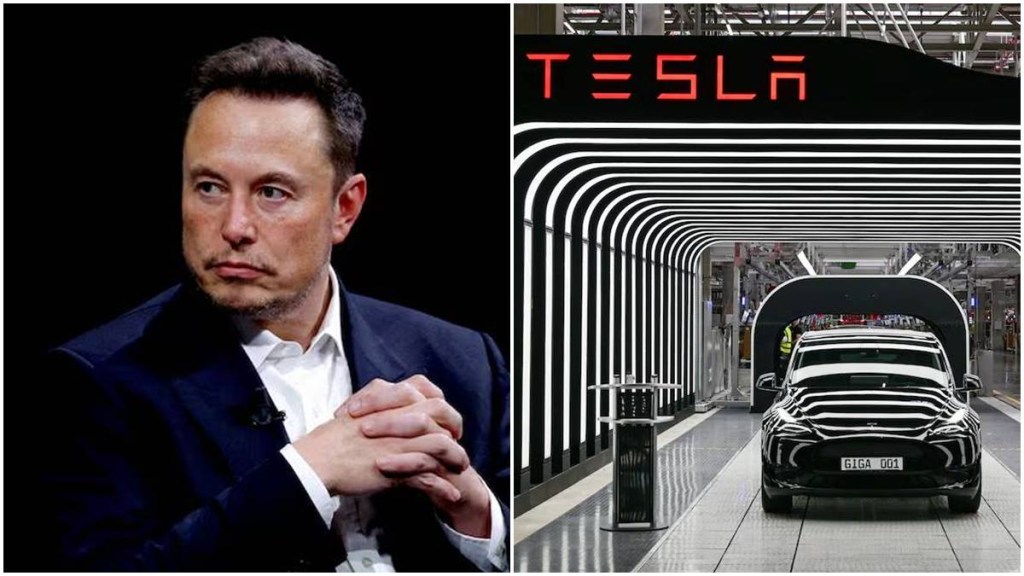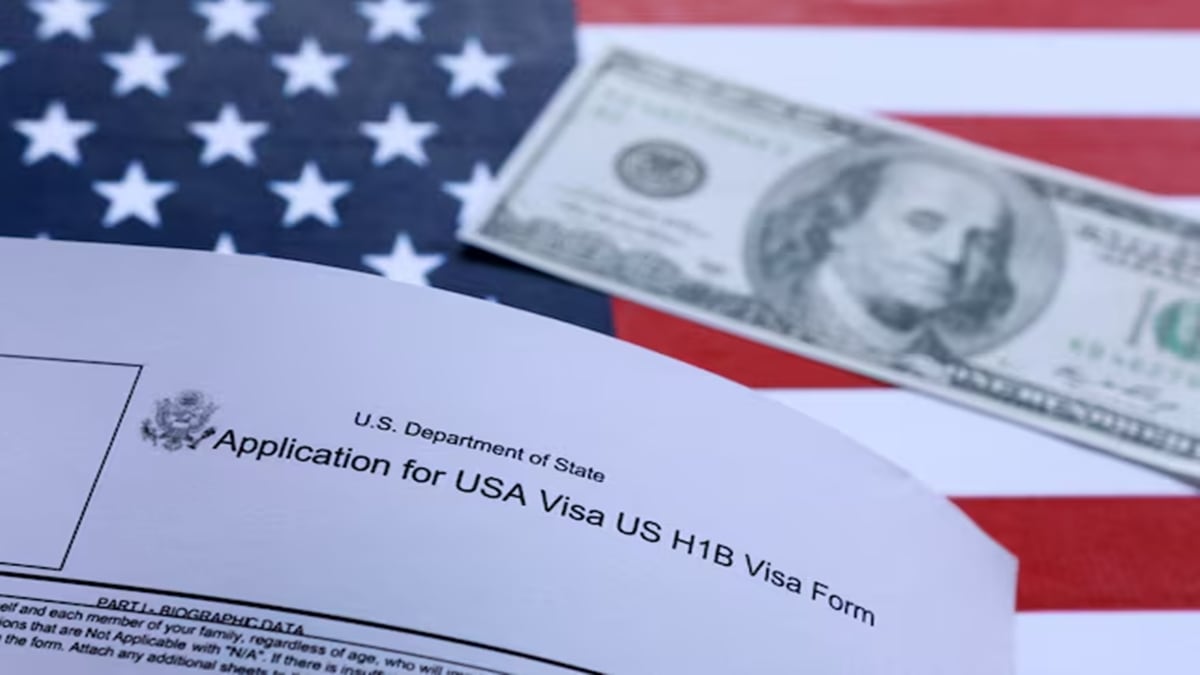On Monday, Tesla CEO Elon Musk revealed that the U.S. electric vehicle maker has entered into a chip supply agreement with Samsung Electronics—an arrangement likely to strengthen the South Korean firm’s struggling contract chip manufacturing division. Just days earlier, on Saturday, Samsung had announced a $16.5 billion chip production contract with a major global client, keeping the identity of the buyer under wraps. The tech giant stated that the customer had requested all details of the deal, which will remain in effect until the close of 2033, be kept confidential.
Samsung’s giant new Texas fab will be dedicated to making Tesla’s next-generation AI6 chip. The strategic importance of this is hard to overstate.
— Elon Musk (@elonmusk) July 28, 2025
Samsung currently makes AI4.
TSMC will make AI5, which just finished design, initially in Taiwan and then Arizona.
The deal arrives at a time when Samsung is under growing strain:
According to three individuals with direct knowledge of the matter, Tesla is the unnamed client behind the chip supply agreement, as reported by Reuters. The deal arrives at a time when Samsung is under growing strain in the race to manufacture AI-focused chips—an area where it currently lags behind competitors like TSMC and SK Hynix. This disadvantage has significantly impacted both its earnings and market valuation.
While Samsung is best known as the global leader in memory chips, it also operates a foundry division that produces custom-designed logic chips for external clients.
Pak Yuak, an analyst at Kiwoom Securities, noted that this latest agreement could help narrow the financial losses in Samsung’s foundry business, which he estimates surpassed 5 trillion won (approximately $3.63 billion) during the first six months of the year.
Samsung has faced setbacks in its chip foundry business:
Industry experts note that Samsung has faced setbacks in its chip foundry business due to the migration of major clients to TSMC, which counts giants like Apple, Nvidia, and Qualcomm among its key customers.
The newly confirmed partnership between Samsung and Tesla is also seen as strategically important for South Korea, which is actively pursuing deeper economic ties with the United States—particularly in the semiconductor and shipbuilding sectors—as it negotiates to reduce or eliminate the possibility of looming 25% U.S. tariffs.
What remains uncertain is how this massive order from Tesla will impact Samsung’s long-delayed production plans at its upcoming Texas facility. The plant has faced setbacks in attracting major clients, stalling its ramp-up timeline.
Lee Min-hee, an analyst at BNK Investment & Securities, pointed out that Samsung is still working to improve yield rates on its latest 2-nanometer chip technology. He added that the Tesla contract likely does not involve these cutting-edge chips.
Samsung’s eroding market share in the contract chipmaking sector highlights the technical hurdles it faces in competing with TSMC, particularly when it comes to delivering advanced chip solutions that appeal to high-profile clients like Apple and Nvidia.







